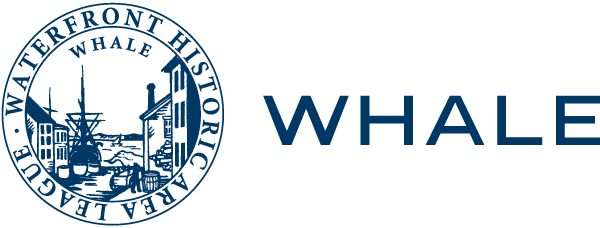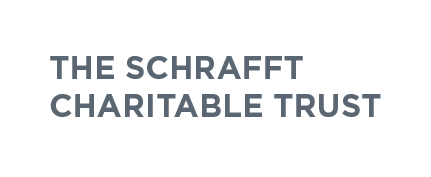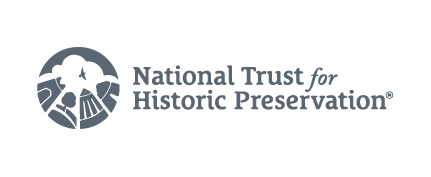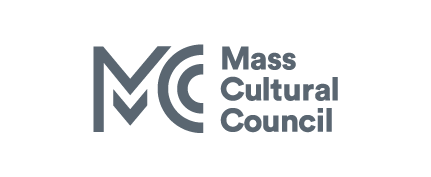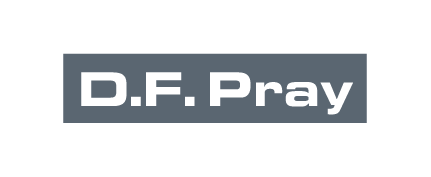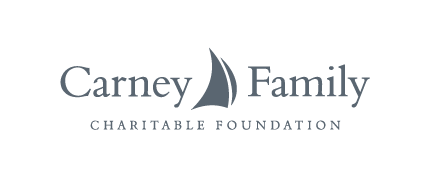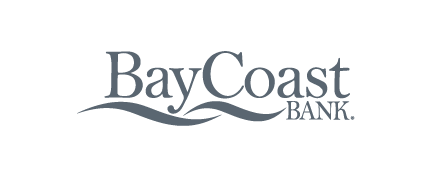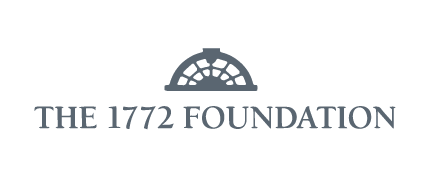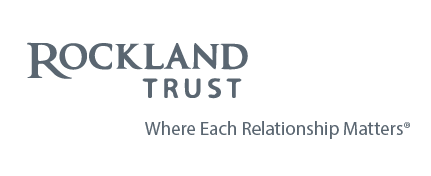The Federal Historic Preservation Tax Credit has been one of the most powerful and effective tools for spurring private investment in the rehabilitation and restoration of historic buildings.
The Federal Historic Preservation Tax Incentives are available for buildings that are National Historic Landmarks, that are listed in the National Register, and that contribute to National Register Historic Districts and certain local historic districts. Projects must be income-producing or commercial projects and meet the Secretary of the Interior Standards for Rehabilitation. (There are no tax credits for historic homeowners at this time.)
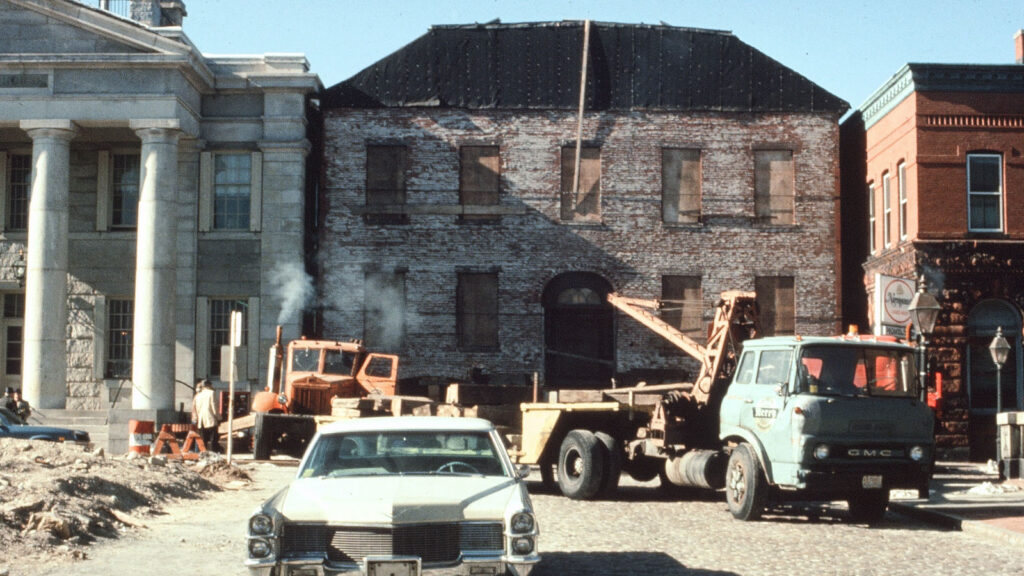
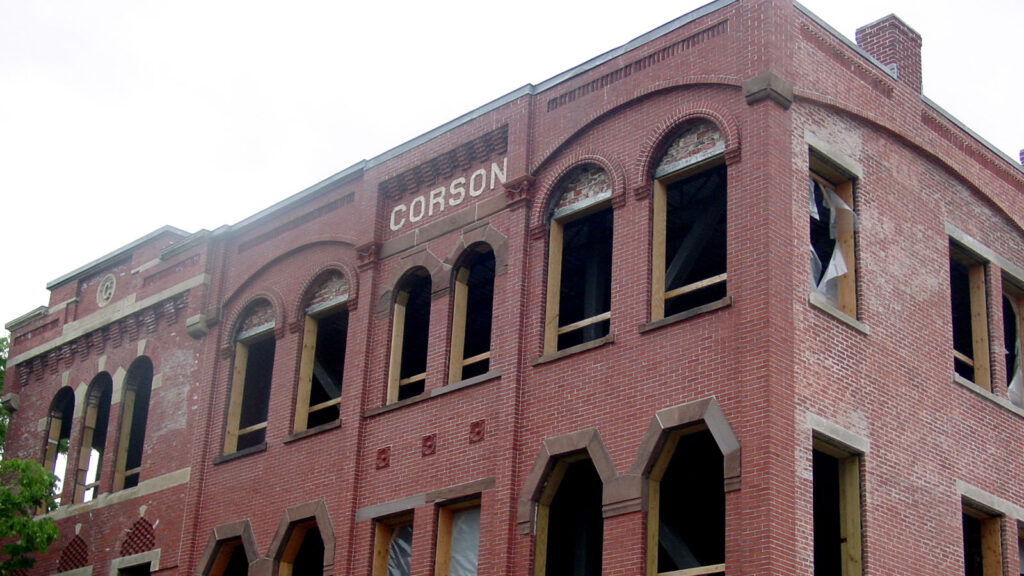
WHALE has successfully prepared several applications for both federal and state tax credits on a fee for service basis.
These projects include:
- Eighteen & Union
- Zeiterion Theater (original and new projects)
- Strand Theater
- Capitol Theater
- First Baptist Church
- Coffin Lofts & Lawton’s Corner – components of the Union Street Lofts – Downtown New Bedford (New Market Tax Credits were also obtained for this project.)
- Bristol Building – Downtown New Bedford
- Acushnet Commons – New Bedford
- Whaler’s Cove Assisted Living – New Bedford
- Grinnell Mansion and Congregate Home for the Elderly – New Bedford
- Ingraham Place – New Bedford
- James A. Tripp House – 24 Allen Street – New Bedford
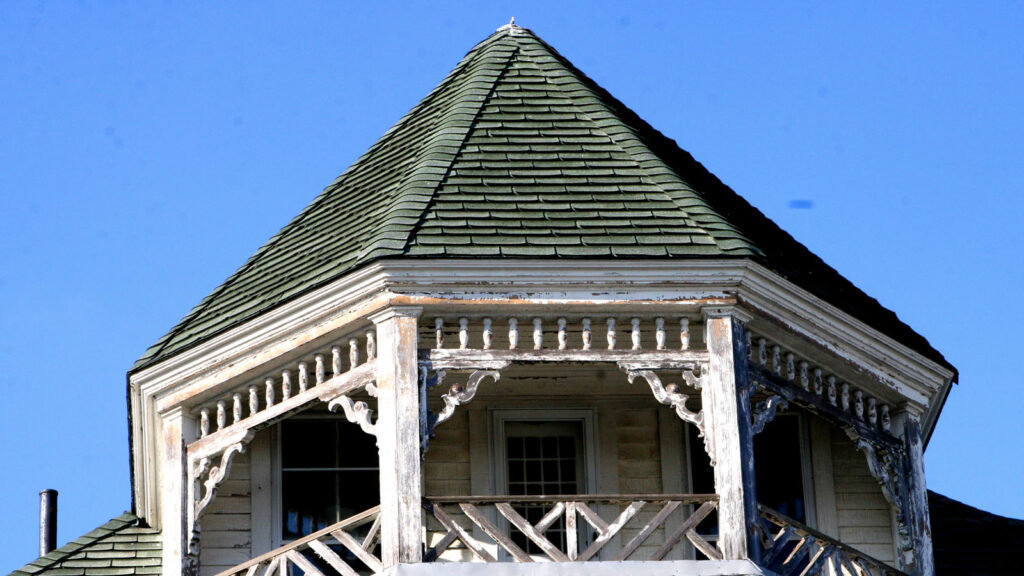
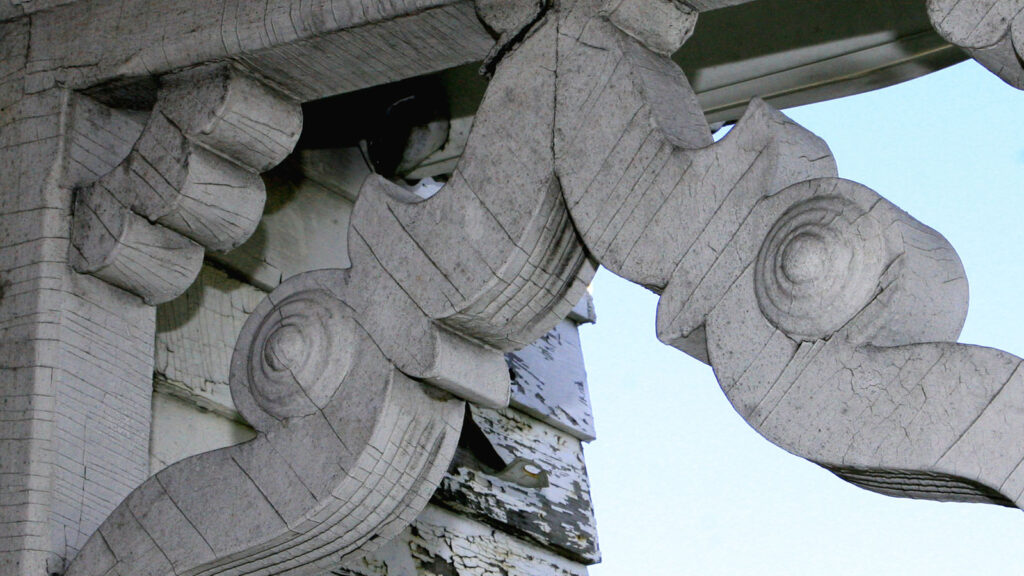
On the federal level, the IRS offers at 20% tax credit (not deduction – credit) for the preservation and adaptive reuse of commercial buildings. In Massachusetts, the tax credit program is adimistered through Massachusetts Historical Commission, the state’s historic preservation office (SHPO) and requires approval from the National Park Service and the IRS.
Recognizing the success of the federal program, Massachusetts has adopted legislation establishing state historic rehabilitation tax credits. Capped at $50 million annually, projects are eligible for up to a 20% tax credit. State Rehabilitation Tax Credits can be combined with the federal tax credit to create an even greater incentive to rehab. Additionally, federal rehab credits can be combined with other incentive programs, such as the low-income housing credit and the New Markets Tax Credit, to being even more value to preservation.
First passed in 2003, this credit program has proven to be enticing for developers and preservation projects across Massachusetts. From theatres in Worcester, to hotels in Boston, to new housing stock in Lawrence, this tax credit is demonstrating the economic benefits of historic preservation!
Under the program a certified rehabilitation project on an income-producing property is eligible to receive up to 20% of the cost of certified rehabilitation expenditures in state tax credits. Now capped at $50 million in credits available annually, this program is administered by the Massachusetts Historical Commission. All applicants are required to recieve a letter of support from Preservation Massachusetts, the statewide, nonprofit preservation organization. (http://www.preservationmass.org/index.shtml).
In older cities like New Bedford, these tax credits are making projects that previously weren’t economically viable, now workable. Many of our recent developments have taken place in historic buildings, several of which were abandoned or underused. This exciting revitalization is creating new neighborhoods, developing our community development, spurring economic development and preserving the historic places that give cities and towns their special character.
Please contact our office at 508-997-1776 if you have any questions about rehabilitation tax credits or send an e-mail to info@waterfrontleague.org
New Market Tax Credits
The New Market Tax Credit (NMTC) is part of the Community Renewal Tax Relief Act of 2000. Unlike other tax credits created to benefit low-income communities by addressing affordable housing, this tax credit is aimed at businesses. The hope for the NMTC is that it will generate new investment capital from private companies and individual investments for businesses in low- and moderate-income communities. Increasing the flow of private capital into low-income areas is the primary objective of the NMTC program.
Please contact our office at 508-997-1776 for more information about the New Market Tax Credits or send an e-mail to info@waterfrontleague.org.
